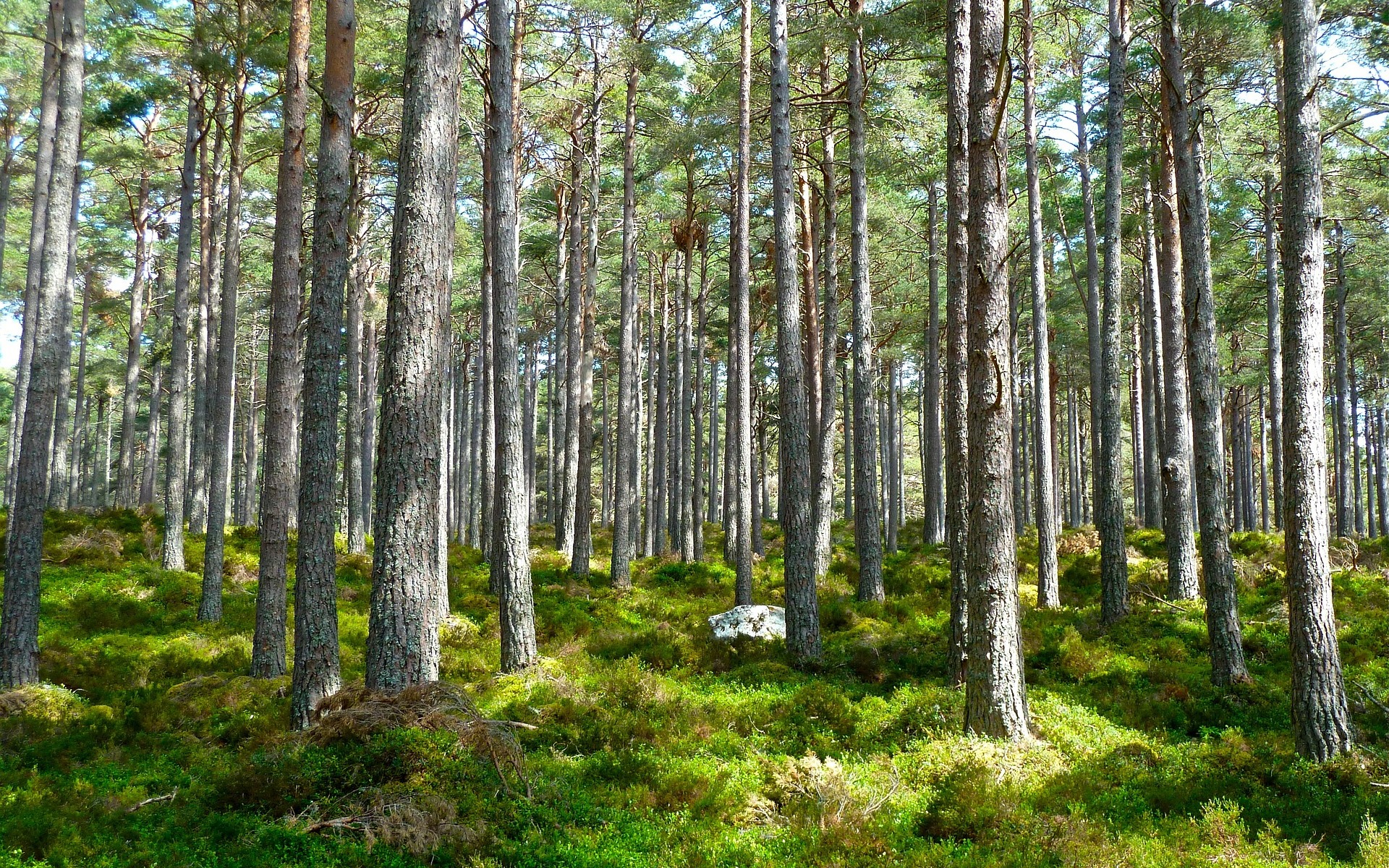Take a moment to remeber the last time you took a walk through nature. When I think about nature here in the Pacific Northwest, images of lush greenery, tall trees, and rushing water come to mind. Why is nature so appealing to us? One evolutionary explanation is that nature is intrinsically healthy for humans. Time spent in nature has been shown to reduce a huge variety of health issues, including obesity, anxiety disorders, and cancer rates (1).
Interestingly, the exact mechanisms of these health benefits are still unknown. In other words, we know that spending time in nature is correlated with a variety of health benefits, but we’re not sure how most of these benefits are imparted on us. One striking exception to this statement is our knowledge of how wood essential oils (phytoncides) effect our immune system. A team of researchers in Japan spent years conducting experiments to discover this relationship, and the implications of their research made it well worth their time. Let’s take a step-by-step look at what happens to your immune system when you walk through a forest.
First, you take a deep breath of fresh air as you wander through a grove of trees. Swirling through that fresh air you just inhaled is a whole collection of pollens and chemicals released from the plants and fungi around you. One likely group of chemicals, phytoncides, is given off by trees to protect themselves from harmful insects. When you breathe in those phytoncides, you receive an unexpected health benefit: a strong, long-lasting boost to your immune system (2, 3). Specifically, your “Natural Killer” cells, or NK cells for short, increase in number by over 50% after just two hours of exposure to phytoncides (2). Natural Killer cells are just as badass as their name implies—they bind to virus-infected cells and tumor cells and destroy them. Boosting your Natural Killer cells helps you fight off infections and cancers more effectively. Even more exciting is the fact that this effect lingers for at least a week after your walk in the woods, providing long-term benefits even after you leave the forest (2).
Phytoncide exposure also reduces the expression of adrenaline and noradrenaline (two hormones associated with stress), which means you also leave the woods feeling more relaxed and recharged. From a scientific standpoint, this makes sense because high levels adrenaline and noradrenaline are known to inhibit, or reduce the number of, Natural Killer cells in our body (2). So, when your stress gets reduced, your immune system also gets a natural boost.
No forest nearby? Don’t despair. These same researchers also tested the effects of simply releasing phytoncides they collected from trees into the air of a hotel room—and it had the same effect! Phytoncides are an essential oil, so it is possible to collect it and release it somewhere else. (Though actually being out in nature is still better for you, because phytoncides are likely only one piece of a bigger equation of health benefits we receive from green spaces.) Do your immune system a favor, and take a walk in the woods.
References:
- M. Kuo, How might contact with nature promote human health? Promising mechanisms and a possible central pathway. Front. Psychol. 6 (2015), doi:10.3389/fpsyg.2015.01093.
- Q. Li et al., Effect of Phytoncide from Trees on Human Natural Killer Cell Function. Int. J. Immunopathol. Pharmacol. 22, 951–959 (2009).
- Q. Li et al., Phytoncides (Wood Essential Oils) Induce Human Natural Killer Cell Activity. Immunopharmacol. Immunotoxicol. 28, 319–333 (2006).


Although I have fond memories of Ballard and the surrounding area itself (especially the Cascades), my year in Seattle was a difficult one. My greatest solace was being able to walk to the Ballard Locks and spend time amongst the trees and greenery: artificially planted though it was. I’m a firm believer in the health benefits of immersing oneself in nature.
In fact, I find that my health and mood diminish notably when I spend more than a few weeks in concrete environments.
LikeLike